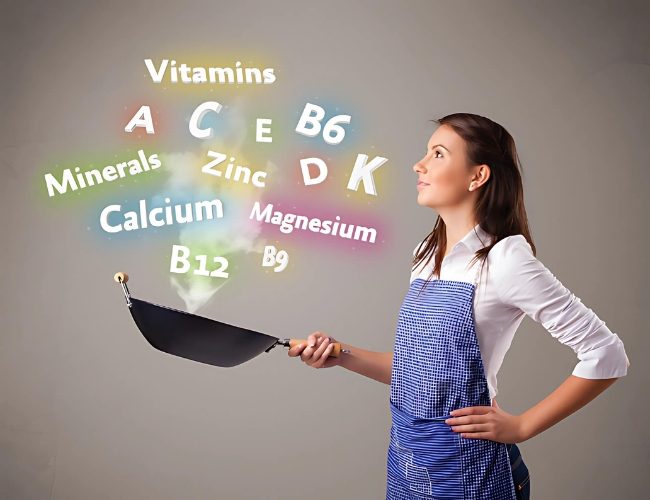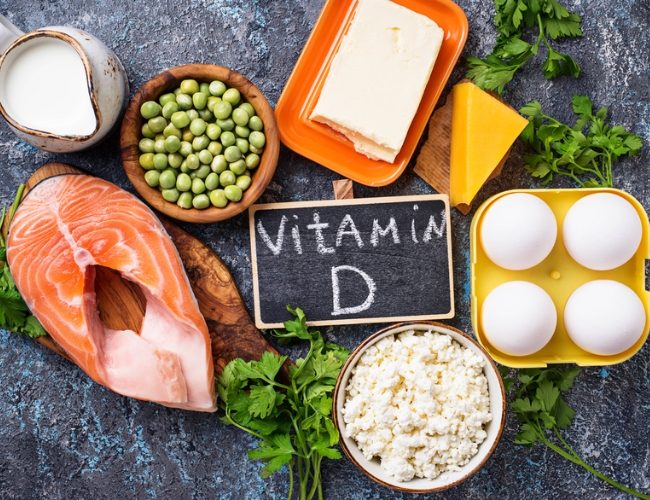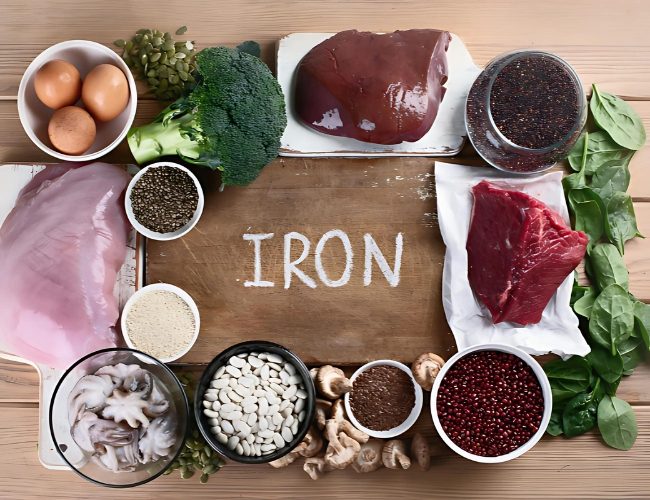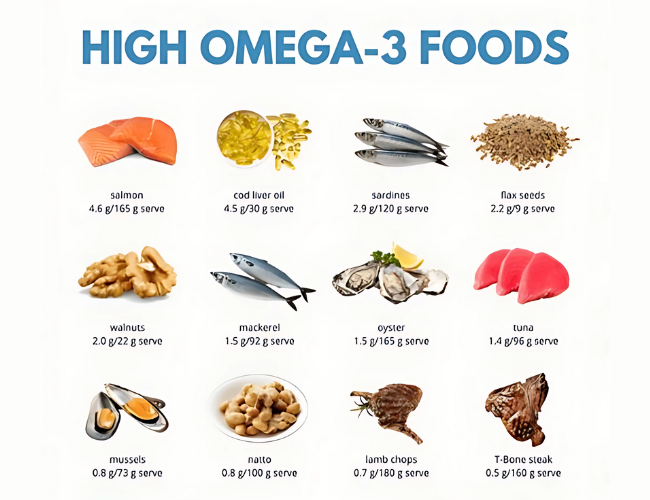5 Essential Vitamins and Minerals to Boost Your Metabolism and Support Weight Loss

When it comes to weight loss, we all know there’s no “magic pill” – success requires a combination of consistent effort, nutrition-rich eating, and physical activity. However, certain vitamins and minerals can play a crucial role in optimizing how our bodies function, making it easier to stay on track. Here are five key nutrients to help boost your metabolism and support your weight loss journey:
1. Vitamin D: The Sunshine Nutrient
Often called the “sunshine vitamin,” vitamin D is more than just a mood booster – it’s vital for your immune system, and there’s even some research linking it to fat loss. Many of us don’t get enough vitamin D, especially if we spend most of our time indoors or live in areas with limited sunlight. While foods like salmon, egg yolks, and fortified milk can help, a supplement may be necessary to reach optimal levels. A positive mindset is critical during any weight loss journey, and vitamin D may help keep your mood in check, which is equally important.

2. Vitamin B: Energy Powerhouses
The B vitamins (like B-12, B-6, and B-1) are essential for converting the food you eat into usable energy. Without adequate levels of these vitamins, especially thiamine (B-1), your metabolism can slow down, making it harder to shed pounds. Including foods such as eggs, lean meats, whole grains, and legumes in your diet can help you maintain healthy B vitamin levels. Vegans, however, should be mindful, as B-12 is not found in plant-based foods and may require supplementation.
3. Iron: The Fat-Burning Fuel
Iron plays a pivotal role in energy production and helps your body transport oxygen to muscles, improving your ability to burn fat. If you feel constantly fatigued or low on energy, low iron levels might be the culprit. Lean meats, spinach, beans, and shellfish are all excellent sources of iron. If you’re at risk of deficiency – such as women with heavy menstrual cycles or frequent blood donors – consider speaking to your doctor about taking an iron supplement. Remember, pairing iron-rich foods with vitamin C can enhance absorption!

4. Magnesium: The Multifunctional Mineral
Magnesium is involved in over 300 biochemical processes in the body, including energy production, blood sugar regulation, and muscle function. This makes it a critical player in weight loss and maintaining overall health. Unfortunately, many people don’t get enough magnesium through diet alone. Foods such as nuts, seeds, and leafy greens are great sources. If you’re working out regularly, keeping a small stash of nuts on hand can provide quick energy – just remember to watch your portions as nuts are calorie-dense!
5. Omega-3 Fatty Acids
Instead, essential to optimal metabolic function are Omega-3 fatty acids, which are not actually vitamins. Omega-3 fatty acids are found in fatty fish like salmon, chia seeds, and flaxseeds, and they help reduce inflammation, which can also help better the metabolic health. They also regulate hormonal levels relating to hunger and satiety and may prevent overeating. Omega-3s stimulate the enzymes that oxidize fatty acids; hence, they are very important for any person wishing to burn fat.

While supplements can give your metabolism a boost and fill nutritional gaps, they’re not a substitute for a balanced diet or regular exercise. Real, long-term weight loss comes from creating sustainable lifestyle habits, including a healthy eating pattern, consistent physical activity, and calorie management. Before adding any new supplements to your routine, especially if you have underlying health conditions, it’s always a good idea to consult your doctor.
Remember: Weight loss is a journey, and maintaining a positive mindset is half the battle. With the right combination of nutrients, exercise, and mindset, you’ll be better equipped to reach your health goals.
Prioritize health and well-being with an easy-to-use solution! The Smart Diet Planner supports daily wellness and energy. Discover the benefits of better health habits today.
Download now or reach out at dietitian@smartdietplanner.com |
+91-7037679715 | https://business.fitrofy.com/
